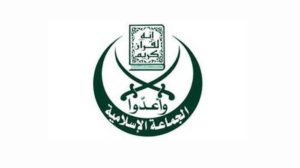
________________

________________
There are two main reasons for this: 1. pledges are leader-specific rather than group-specific and thus need to be renewed with each succession and 2. it is a way to legitimize al-Qurashi’s rule and create a media event so that the group can promote itself as it transitions to a new phase.
The first reason is also something that IS pointed to when it began to overtly feud with al-Qaeda (AQ) in 2013, by saying that following Abu Mus’ab al-Zarqawi’s death, his successor Abu Hamzah al-Muhajir gave baya to the newly created Islamic State of Iraq’s leader Abu ‘Umar al-Baghdadi and even after Abu ‘Umar was killed, when Abu Bakr al-Baghdadi took over in 2010 and then Usamah Bin Laden was killed in 2011, Abu Bakr never publicly gave baya to Ayman al-Zawahiri, even if al-Zawahiri claims he gave it to him privately. Therefore, from the perspective of IS this whole process is not trivial, but important for legitimacy of its leadership and to potentially weed out any insubordination before it manifests into something larger as it already did in the past vis-a-vis AQ.
This post will be updated with the latest official pledges.
November 2, 2019:
Wilāyat Saynā’



al-Binghāl




November 3, 2019:
Wilāyat al-Ṣūmāl



November 4, 2019:
Wilāyat Bākistān


Wilāyat al-Yaman – al-Bayḍā’









November 5, 2019:
Wilāyat al-Shām – Ḥawrān







Wilāyat Khurāsān

















November 6, 2019:
Tūnis




November 7, 2019:
Wilāyat Gharb Ifrīqīyyah – Nījīrīā











Wilāyat al-Shām – Ḥimṣ
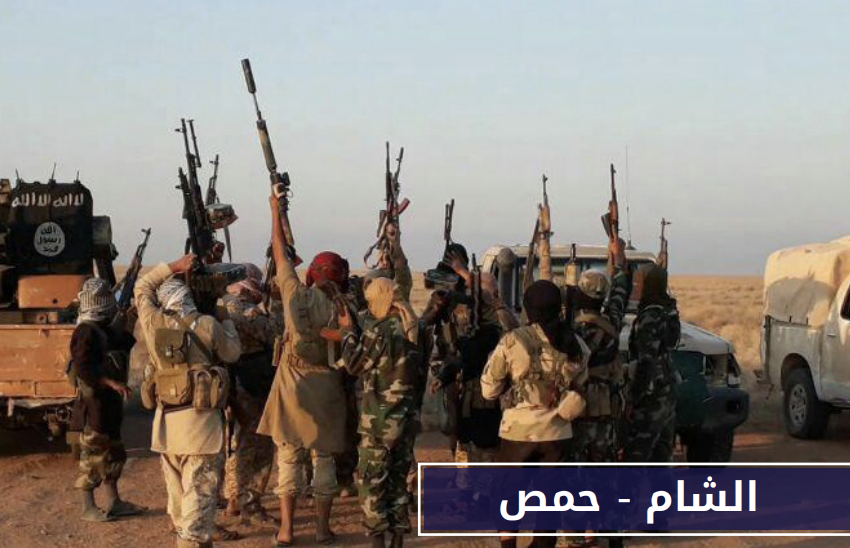
Wilāyat al-Shām – al-Khayr
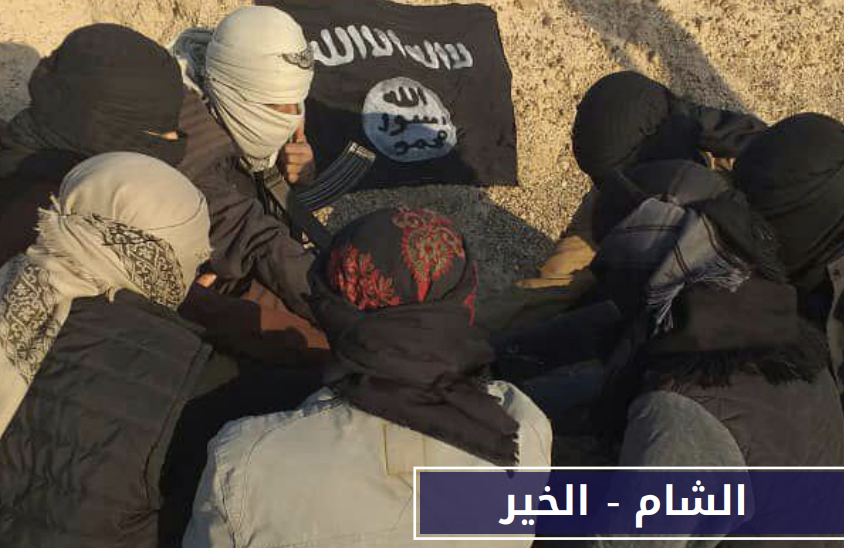
Wilāyat al-Shām – al-Raqqah
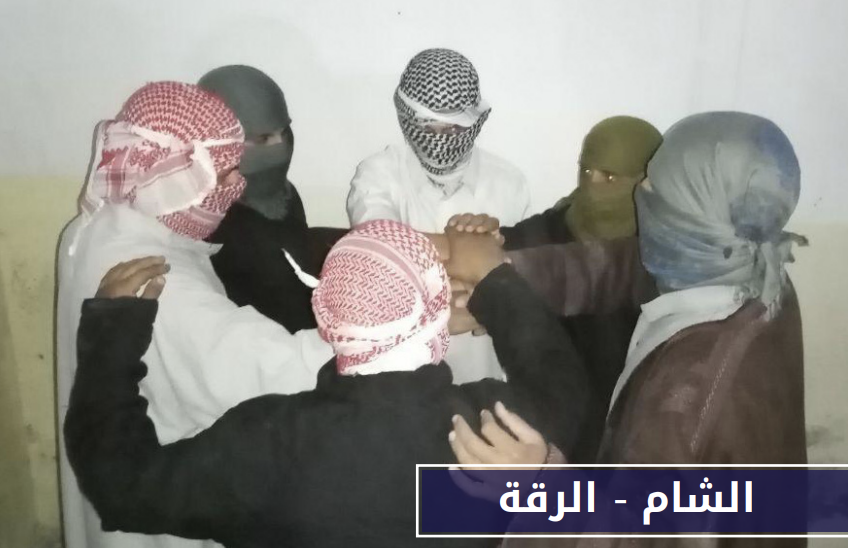
Wilāyat Sharq Asīā
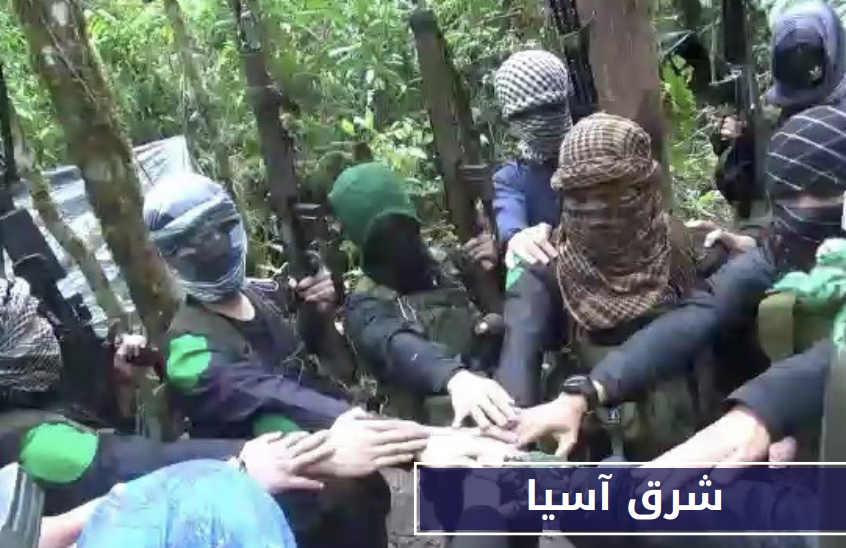
Wilāyat Wasaṭ Ifrīqīyyah
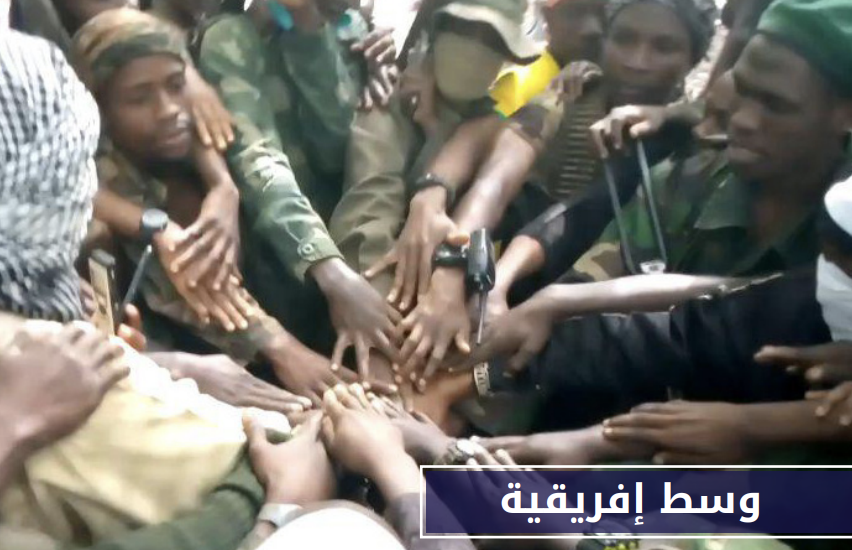
November 8:
Wilāyat al-Shām – Ḥimṣ




November 9:
Wilāyat Sharq Asīā







Wilāyat Gharb Ifrīqīyyah – Mālī and Būrkīnāfāsū








Wilāyat al-Shām – al-Barakah




November 12, 2019:
Wilāyat al-Shām – Ḥalab


November 14, 2019:
Wilāyat al-‘Irāq – Shamāl Baghdād



November 15, 2019:
Wilāyat Lībīyā







November 16, 2019:
Wilāyat al-‘Irāq – Dijlah



November 17, 2019:
Wilāyat al-‘Irāq – Diyālā








November 18, 2019:
Wilāyat al-‘Irāq – Ṣalāḥ al-Dīn



November 19, 2019:
Wilāyat al-‘Irāq – Karkūk




November 22, 2019:
Wilāyat Sharq Asīā – Indūnīsīyā


November 29, 2019:
Adhirbayjān



This afternoon, the Islamic Emirate delegation led by the Political Deputy of the Islamic Emirate, Mullah Baradar Akhund, attended a joint conference with a number of scholars and experts at the headquarters of the Majlis-e-Ulema of Indonesia.
The conference was held at the Majlis-e-Ulema conference hall in Jakarta, where respected Mullah Barader Akhund and his colleagues highlighted the current situation of Afghanistan, policy and achievements of the Islamic Emirate.
The leaders of the Indonesian Ulema Council and other prominent leaders of the country appreciated the sacrifices of the Islamic Emirate and the Afghan Mujahideen, offered their views and suggestions and also prayed for further success. Later the delegation of the Islamic Emirate attended a lunch prepared by the Majlis-e-Ulema.
*Spokesman of Islamic Emirate of Afghanistan*
*Zabihullah Mujahid*
*27/11/1440 Hijri Lunar*
*8/5/1398 Hijri Solar*
*30/07/2019 Gregorian*
________________
Source: Telegram

_________________
To inquire about a translation for this video message for a fee email: [email protected]

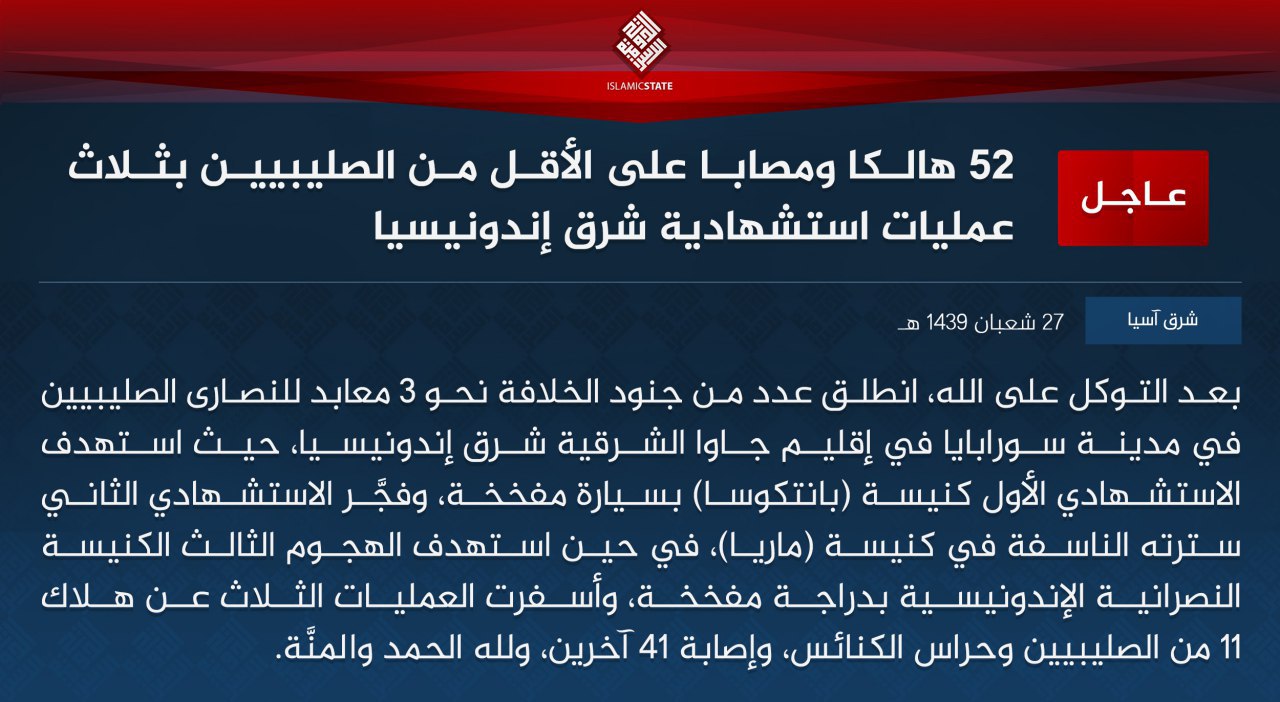
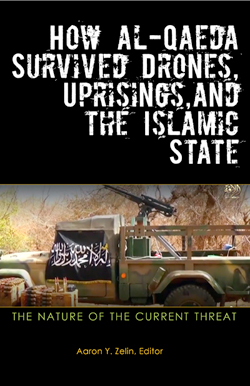

To inquire about a translation for this video message for a fee email: [email protected]
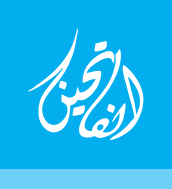
To inquire about a translation for this magazine issue for a fee email: [email protected]

To inquire about a translation for this release for a fee email: [email protected]